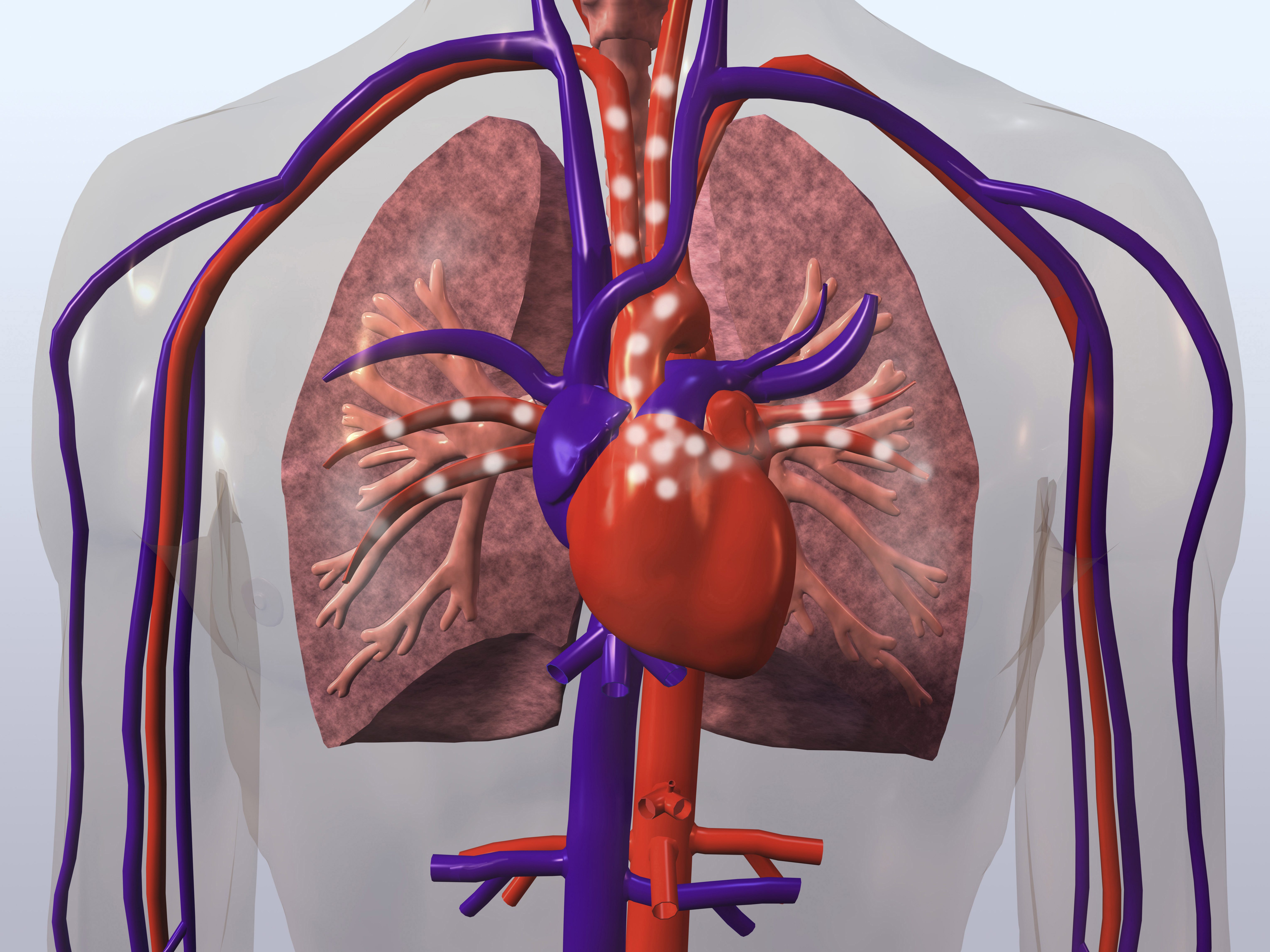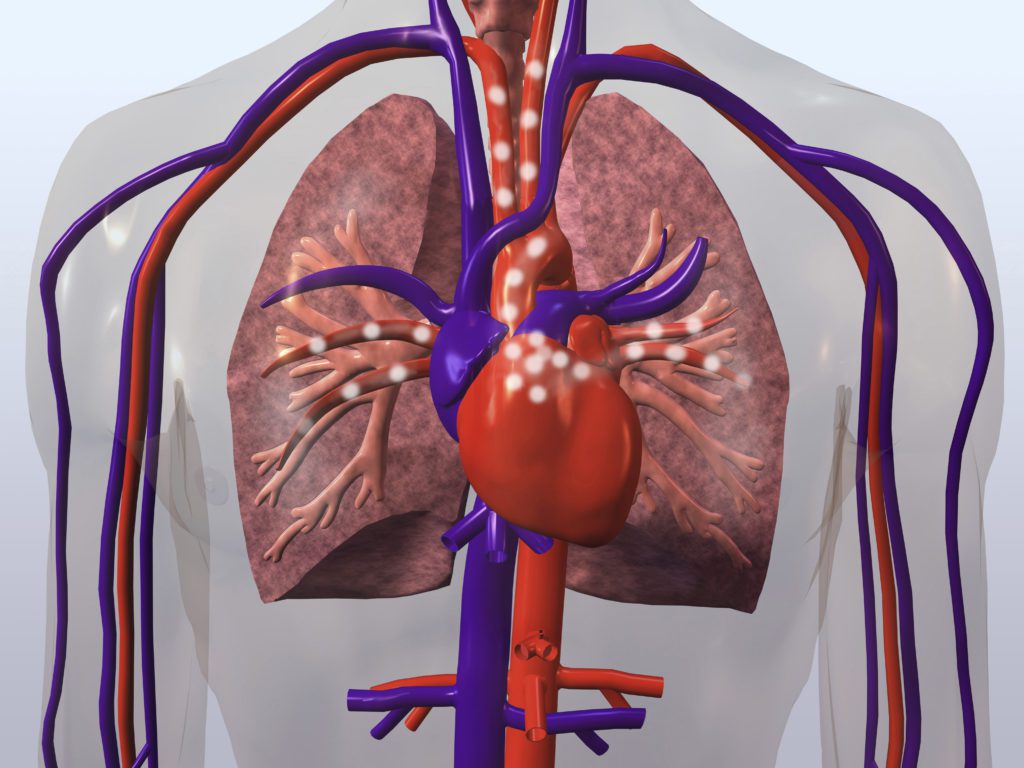How to seek the optimum amount of exercise for your heart health
Everything you need to know about heart health and exercise as you age.

— By Chris Willer
Last month, a physician friend encouraged me to rethink my racing and training plans for the year. He pointed out my being over 35 years old and the statistically significant risk of acute cardiac death during strenuous physical activity and the long term heart problems I could be prone to if I didn’t die of sudden cardiac death first from my exercise. Being in the healthcare field myself, I did some research which I thought I’d share. I’ll also provide concrete suggestions to mitigate the risk of dying during training or racing in the sport of triathlon.
There is no shortage of tragic deaths during triathlons and you don’t have to look far to find stories of age group athletes dying most often in the swim portion of the race. A large proportion of these are caused by acute cardiac events. We also hear about careers cut short due to heart problems unmasked or potentially even caused by strenuous training — take Torbjorn Sindballe, who came in third at Kona in 2007 or Norman Stadler who won the World Championships twice in 2004 and 2006 both now retired. Greg Welch and Chris Legh also had to retire due to heart problems. Perhaps one of the most tragic deaths was of Laurent Vidal who was too young when he passed away in his sleep after a brilliant but brief career as an Olympic triathlon icon for France.
So what’s new in the research field that can help us all enjoy sport and be more aware of the benefits and risks of exercise?
Firstly, exercise is good for you. World Health Organization (WHO) recommends of a minimum of 150 minutes of moderate exercise or 75 minutes of vigorous exercise per week. There are proven positive effects on reducing ‘bad’ cholesterol and reducing blood pressure. There are of course other physiological and mental health benefits of sport and inclusive exercise. On balance more people would benefit from routine exercise than would be at real risk for cardiac problems with their level of exercise participation.
But how much is too much exercise? Researchers noted that exercising more than 100 minutes of moderate or 60 minutes of vigourous exercise per day stopped giving health benefits or lowing overall mortality. While there’s no specific maximum dose of exercise that is easily suggested, many endurance athletes far outstrip what is recommended for weekly hours of training. Doing too much exercise has shown to create changes in various aspects of heart functioning.
The bottom line
- Exercise, especially for beginner triathletes who were not overly active, is a very healthy choice, reducing a multitude of health problems from cardiovascular disease to cancer risk. Moderate amounts and intensity of movement and sport reduce not only future health problems like diabetes or osteoporosis, but also reduce risks of dying and overall mortality, often giving people extra years of life due to their improved health status.
- For triathletes over 35 years old, there is more evidence to suggest caution when starting into the sport or taking on a bigger challenge in terms of either intensity or distance of race goals. Talking with your doctor to figure out if you need a baseline set of medical tests like an ECG and pre-screening is a sensible and supported first step. Reporting unusual physical feelings that come on when exercising to your doctor, races and training centres installing automated external defibrillator machines (AED), and regularly monitoring your blood pressure or cholesterol levels also are recommended by the latest sports cardiology research.
- Exercising more than 100 minutes per day at a moderate pace or 60 minutes at a vigourous effort appears to no longer give you any more health benefits and may increase your risk of an acute heart event like a heart attack even in fit and trained individuals. As an individual athlete along with your coach, doctor, and family, be aware of this new research and weigh the benefits and risks if you are training for long distance triathlons. That often means for people 20-30 hours of training a week, far outpacing what is recommended to minimize both short term cardiac events during exercise and also long term changes to how your heart functions even when at rest as a result of long term excessive exercise.
- Even with these research insights, remember that sudden cardiac death during exercise is extremely rare. One study cited put that numerical risk related to excessive exercise as increasing the odds by 1 per 1.51 million sudden cardiac death per 36.5 millions hours of exertion in women. It is only slightly higher in men.
- Take this information and talk about it. The intent of the research and this article is not to fear monger. Conversely, the news remains very good that being active through triathlon is a very good health choice. The more we learn, the more we realize that even small doses of exercise grants a great deal of health benefits.
Dr. Willer is a sport psychiatrist at St. Michael’s Hospital in Toronto and an avid triathlete for the past 18 years.

